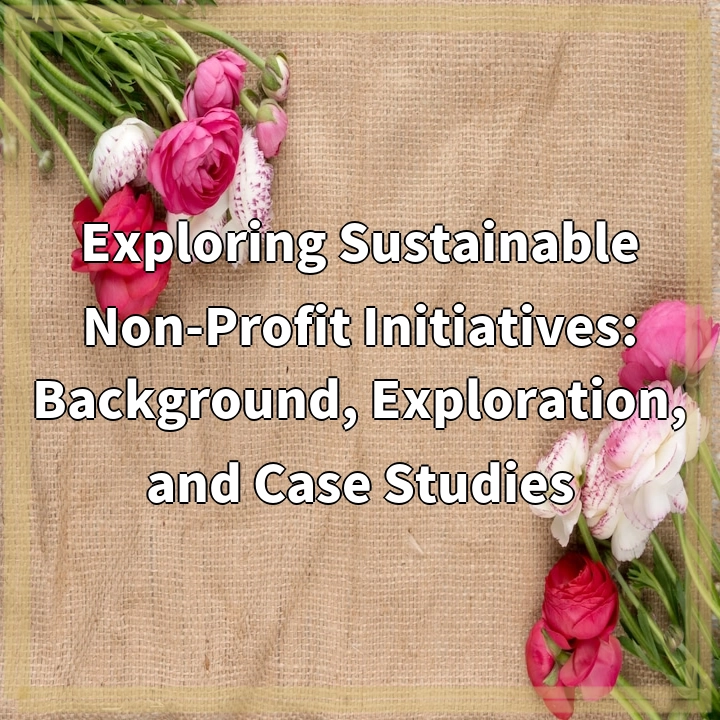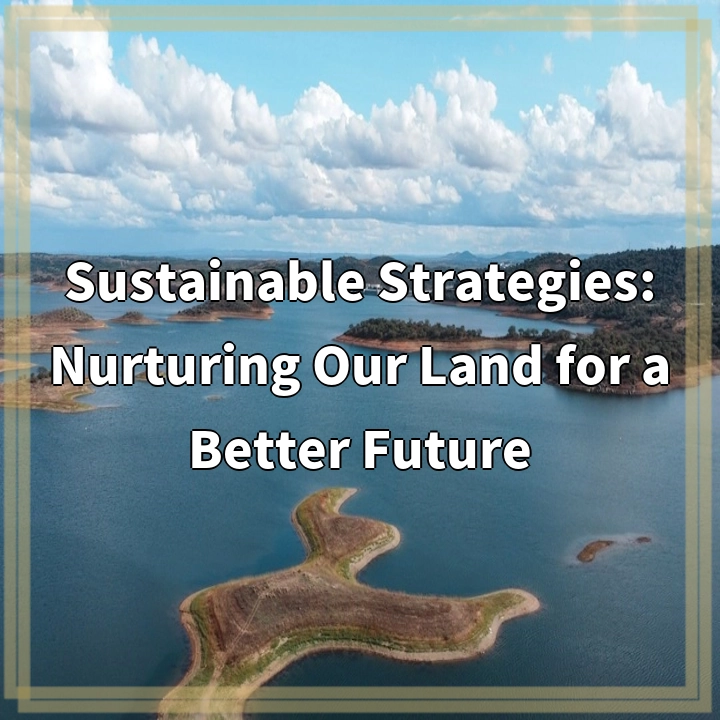
Green Practices in Coffee Production: A Holistic Approach to Sustainability
What it is:
Coffee production has a significant environmental impact, from land degradation and deforestation to chemical pollution and water depletion. To address these concerns, green practices in coffee production have emerged as a holistic approach to sustainability. These practices aim to minimize the negative environmental impact of coffee cultivation and promote positive social and economic outcomes for coffee farmers and communities.
Green practices in coffee production encompass a range of strategies and methodologies, including:
1. Organic farming:
Organic coffee farming eliminates the use of synthetic fertilizers, pesticides, and herbicides, which helps reduce pollution and preserve the natural biodiversity in coffee-growing regions. By relying on natural and organic methods, farmers can maintain healthy and fertile soils while minimizing the risk of chemical contamination.
2. Sustainable land management:
Implementing sustainable land management techniques, such as agroforestry and shade-grown coffee cultivation, can have significant environmental benefits. Agroforestry systems involve growing coffee plants alongside other trees and crops, creating a diverse and balanced ecosystem that enhances soil fertility, prevents erosion, and provides habitat for birds and other wildlife. Similarly, shade-grown coffee uses the natural canopy of trees to provide shade for coffee plants, reducing the need for synthetic shading materials and preserving forest habitat.
3. Water conservation:
Coffee production requires substantial amounts of water, both for irrigation and processing. Green practices in coffee production focus on implementing water-saving techniques and technologies, such as drip irrigation systems, rainwater harvesting, and water recycling. These measures help reduce water consumption, minimize water pollution from processing, and protect local water sources.
Real-World Problems:
Despite the growing adoption of green practices in coffee production, several challenges and barriers persist:
1. Limited access to resources:
Many coffee farmers, especially those in developing countries, face financial constraints and lack access to resources and support to implement green practices. The costs associated with transitioning to organic farming or implementing sustainable land management techniques can be prohibitively high for small-scale farmers, limiting their ability to adopt these practices.
2. Market demand and pricing:
While there is a growing demand for sustainably produced coffee, the market still largely favors conventionally grown coffee. This creates a challenge for farmers who want to adopt green practices but face resistance from buyers and consumers who may be unwilling to pay higher prices for sustainable coffee. As a result, farmers may be reluctant to invest in green practices without the guarantee of a fair return.
3. Climate change:
The coffee industry is highly vulnerable to the impacts of climate change, including rising temperatures, erratic rainfall patterns, and increased incidence of pests and diseases. These environmental changes pose significant challenges to the implementation of green practices and can undermine the sustainability and resilience of coffee production systems.

Solutions to Green Practices in Coffee Production:
1. Supporting small-scale farmers:
Efforts should be made to provide financial and technical support to small-scale coffee farmers, particularly those in developing countries. This can include offering training programs, access to affordable loans, and subsidies or incentives for adopting green practices.
2. Consumer education and demand:
Increasing consumer awareness about the environmental and social impacts of coffee production can help drive demand for sustainably produced coffee. Education campaigns and certifications can inform consumers about the importance of choosing coffee that is grown using green practices. Emphasizing the benefits of sustainability and fair trade can encourage consumers to be willing to pay a premium for coffee produced with environmentally friendly practices.
3. Climate resilience and adaptation:
To address the challenges posed by climate change, it is essential to invest in research and development projects that focus on developing climate-resilient coffee varieties, implementing adaptive farming techniques, and improving weather monitoring and early warning systems. Supporting initiatives that promote sustainable farming practices can enhance the resilience of coffee farmers to climate-related challenges.
4. Collaboration and partnerships:
Collaborative efforts among coffee industry stakeholders, including coffee growers, governments, NGOs, and international organizations, can strengthen the adoption and implementation of green practices. Sharing knowledge, resources, and best practices can foster innovation and create a supportive ecosystem for sustainable coffee production.















